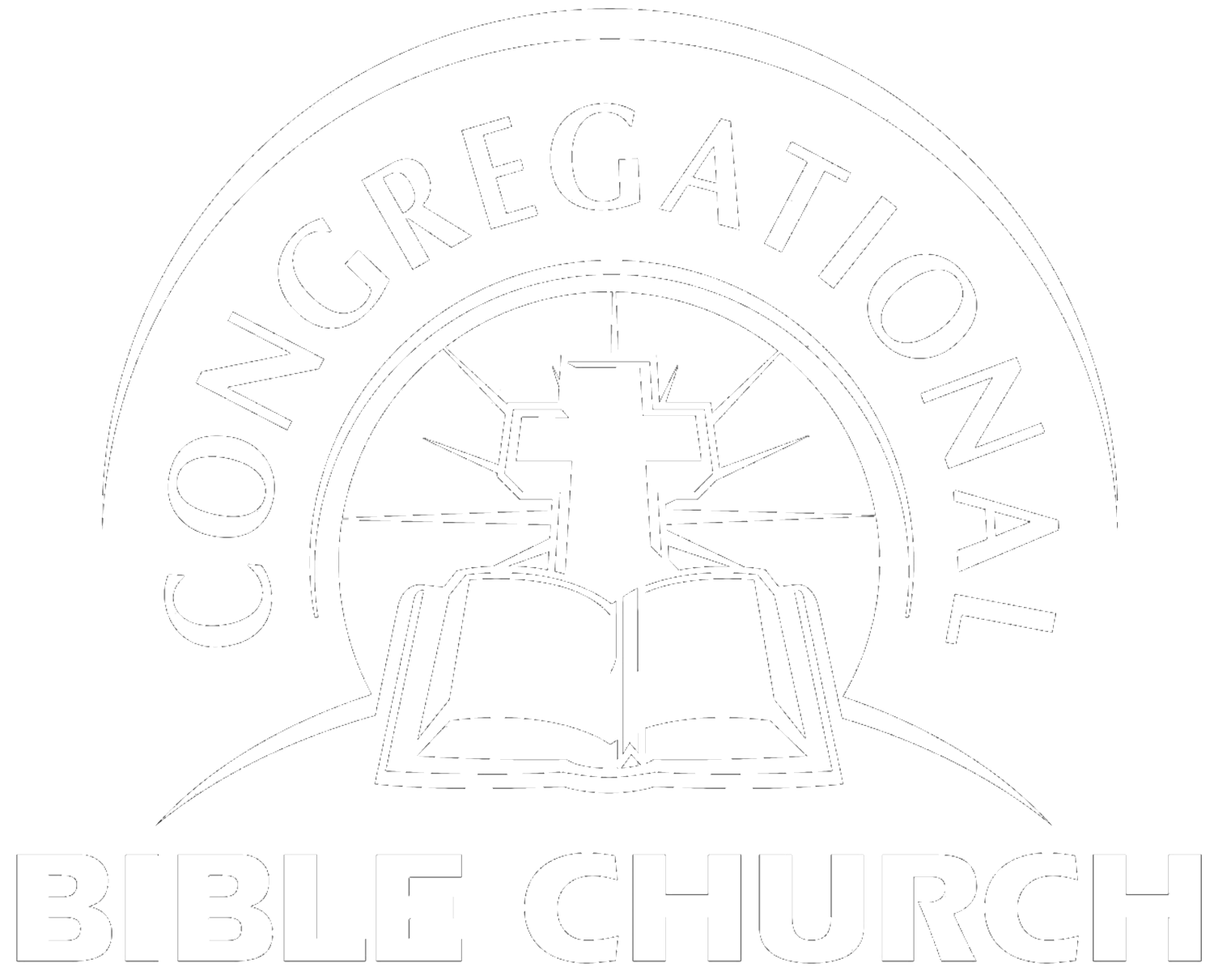When I moved to Southern California from Northern California to attend college, I wanted to attend a Bible teaching church (even though I wasn’t saved). I asked some well-respected churches if they could recommend a church near me. Out of the few recommendations the church I decided to try was called Westside Bible Church in Inglewood, CA. Not being from L.A. I had no idea where Inglewood was or what the ‘Westside’ in Westside Bible Church was about. I called the church, the pastor told me when the service was at, and I went to visit the next Sunday morning.
When I first walked in I immediately stopped in my tracks. Westside Bible Church was a ‘black church.’ That means, it was a predominantly African American congregation. Now, I don’t have anything wrong with going to church with African Americans, but I knew right away I stuck out. It was very awkward. However, immediately people came up to me and greeted me, hugged me even, and made me feel like a part of the family. Although my skin color was different, I never felt different being there. It was my home.
Churches almost instinctively gravitate toward a particular demographic. It’s just the way we are wired; we want to go to a place where we feel we will belong. We want to be at a place with others who share our same look and values. We don’t want to be the one person sticking out. That’s why we see ‘black churches’ and Hispanic churches, and even white churches. Some churches even specify their demographic by the church’s name (ex: Chinese Christian Church). Whether it is on purpose or not, I think we miss out when our church is so demographically narrow, and let me give you a few reasons why.
First, the gospel is for everyone, not simply a specific demographic. The good news of Jesus Christ is not for a certain people group, but for all people. It doesn’t matter if a person is old or young, male or female, black or white, poor or rich, the gospel message is for them! They can be saved and have their sins forgiven and that is why it is good news! We need to make sure churches reflect this, and conversely, do not reflect the idea that this specific church is for the salvation of only one certain group and if you are not a part of that group, find your salvation elsewhere.
Second, God has always been a multiethnic God. Let me explain. Even in the Old Testament, in the time of Israel God brought people from outside the people of Israel to live with the people of Israel. Think of people like Rahab and Ruth for example. They were not Israel but God brought them in. Then look at the New Testament and its churches. Christian churches were formed all over the Roman Empire, in all types of cities, and they frequently had a consistency of both Jew and Gentile together. You never saw the First Jewish Church of Corinth or others like that.
Third, the gathering of the saints to worship is supposed to give us a taste of what heaven is going to be like and heaven is going to be a place of unbelievable diversity! In fact, Revelation 5:9 says there are people from “every tribe and tongue and people and nation.” I definitely do not believe we are going to be segregated and split up based on our demographics. Like we get to heaven, fill out a form, check the appropriate boxes, and then are dispersed to our respective demographic area. No, you will be worshiping in heaven right next to someone from another people group, another nation, and probably another tongue. And we will all be worshiping the same God together! Shouldn’t our churches reflect that same diversity here on earth?
I was amazed at how obviously different I was, and yet how lovingly and joyously I was welcomed into the flock of Westside Bible Church. I challenge us to do the same when someone of different background, different race, or different status comes to our church. Let’s embrace a diverse congregation andnot fear one.
Pastor Mark Scialabba
